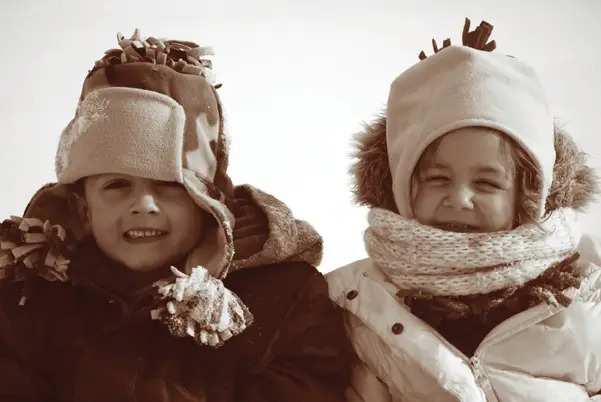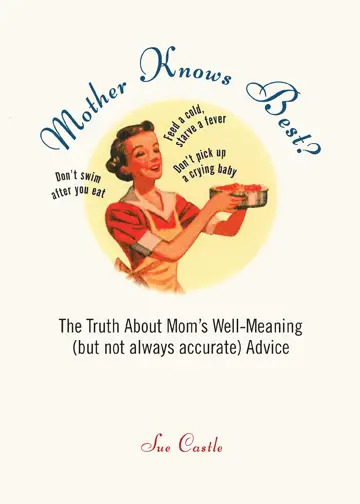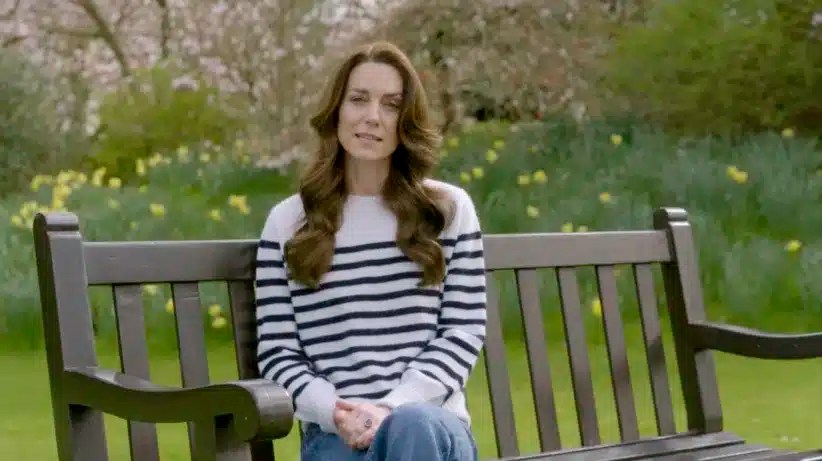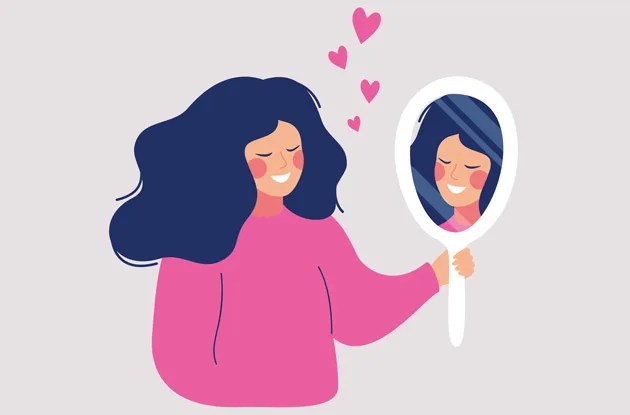Mom’s health advice is well-meaning, but it may not always be accurate. Don’t go outside with wet hair, or you’ll catch a cold—false! This excerpt of Sue Castle’s new book Mother Knows Best? The Truth About Mom’s Well-Meaning (But Not Always Accurate) Advice explains how people really get sick.

Don’t go outside with wet hair, or you’ll catch a cold…
There appears to be real logic behind this. After all, when you go out with wet hair, the hair begins to dry and the water evaporates. And what is evaporation? A cooling process. So going out with wet hair will make your head colder. How does that open you up to the ravages of the cold germ? It lowers your resistance, you say. The same goes for…
Sitting in a draft…or not wearing a hat…or not wearing a sweater…or…getting your feet wet…or…getting chilled…etc., etc.
This must be true. After all, think of all those movies where someone gets cold and wet, and in the next scene he’s sitting with his feet in a tub of hot water and a thermometer in his mouth. People swear they can always put their finger on just such an event before each onslaught of cold or flu.
|
But, how many times have you become cold, gotten wet, been caught in a storm, been dumped overboard in a lake, shoveled snow, or become cold in a thousand other ways, and didn’t catch cold? How many incidents of sudden chill have you breezed through in perfect health?
The Common Cold Unit in Salisbury, England, conducted repeated experiments in which people were left shivering in the cold, and did not come down with any more colds than those who stayed warm. Studies done in Texas went one step further. Actual viruses were dropped into the subjects’ noses, but exposure to low temperature made no difference as to frequency or severity of colds.
Many other studies, including one done at the South Pole, have supported these findings. The august American Academy of Pediatrics clearly states, “Your child will not catch a cold by being taken outside on a cold, wintry day, by sleeping in a draft, or by having his blanket fall off during the night.” Obviously, the same holds true for adults. Chills, even though they are not a cause, can be a symptom or a signal that you are already infected and are running a fever. This news really shouldn’t be surprising. After all, if getting chilled was a prerequisite to catching a cold, why aren’t people in tropical climates cold-free? A friend of mine who grew up in Cuba remembers she was never allowed to go out with wet hair, yet caught frequent colds.
Still unconvinced? Let’s look at what modern medicine does know about the common cold. First of all, with over two hundred viruses, there’s no such thing as a “common” cold. Next, there is only one way to catch a cold—by coming into contact with a cold virus. This explains why children generally catch more colds than adults. However, there is no clear explanation for why some people show more resistance to cold viruses than others, who seem to pick up everything “going around.”
But why do you tend to get more colds in the winter when you’re more likely to get chilled? The answer is simply that’s when you spend more time indoors, in closer contact with people and their germs. Even in warm climates, children are in school during the winter months, so they pick up cold viruses and then bring them home.
How are these viruses passed from one person to another? Of course, everyone is aware of the dangers of coughing and sneezing, but new studies show that finger-to-nose contact is the most likely means of transmission. Doctors say the best way to avoid colds is to keep your hands clean, and keep them away from your nose.
Mother Knows Best? The Truth About Mom’s Well-Meaning (But Not Always Accurate) Advice by Sue Castle, from which the above was excerpted, debunks infamous pieces of advice passed from mom to mom for generations. Castle is a TV producer and mother who lives in NYC.
Also see:
Health Quiz: Test Your Knowledge of Common Health Myths






















